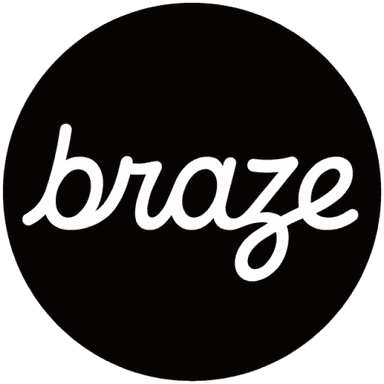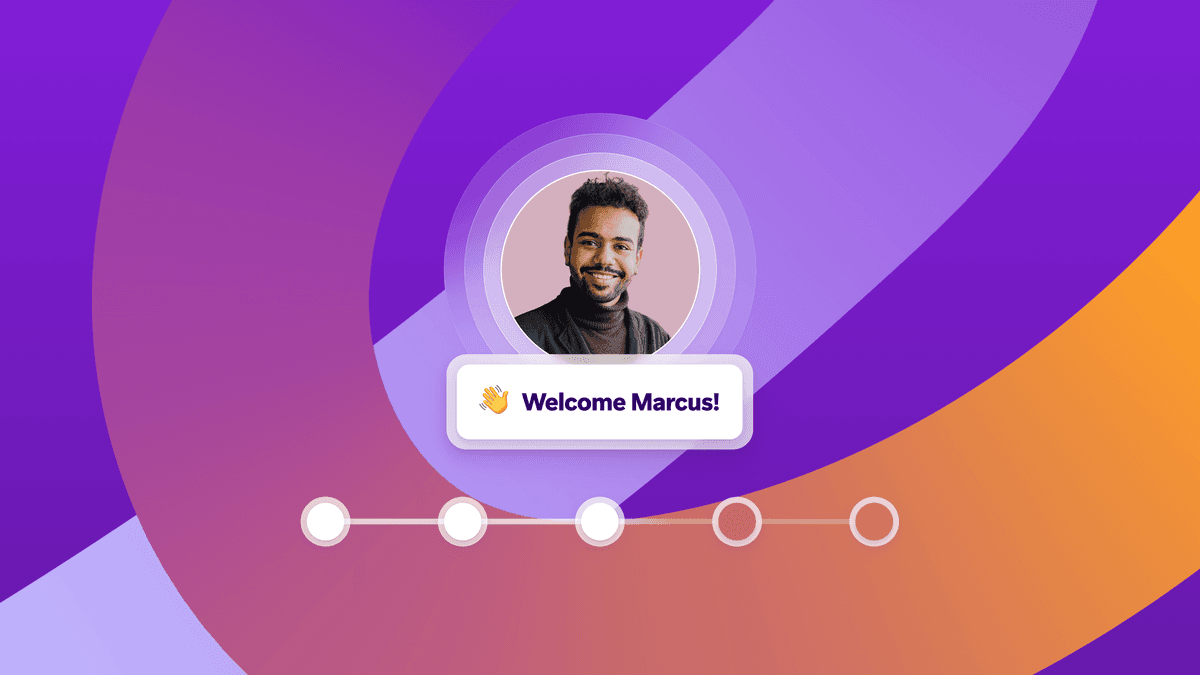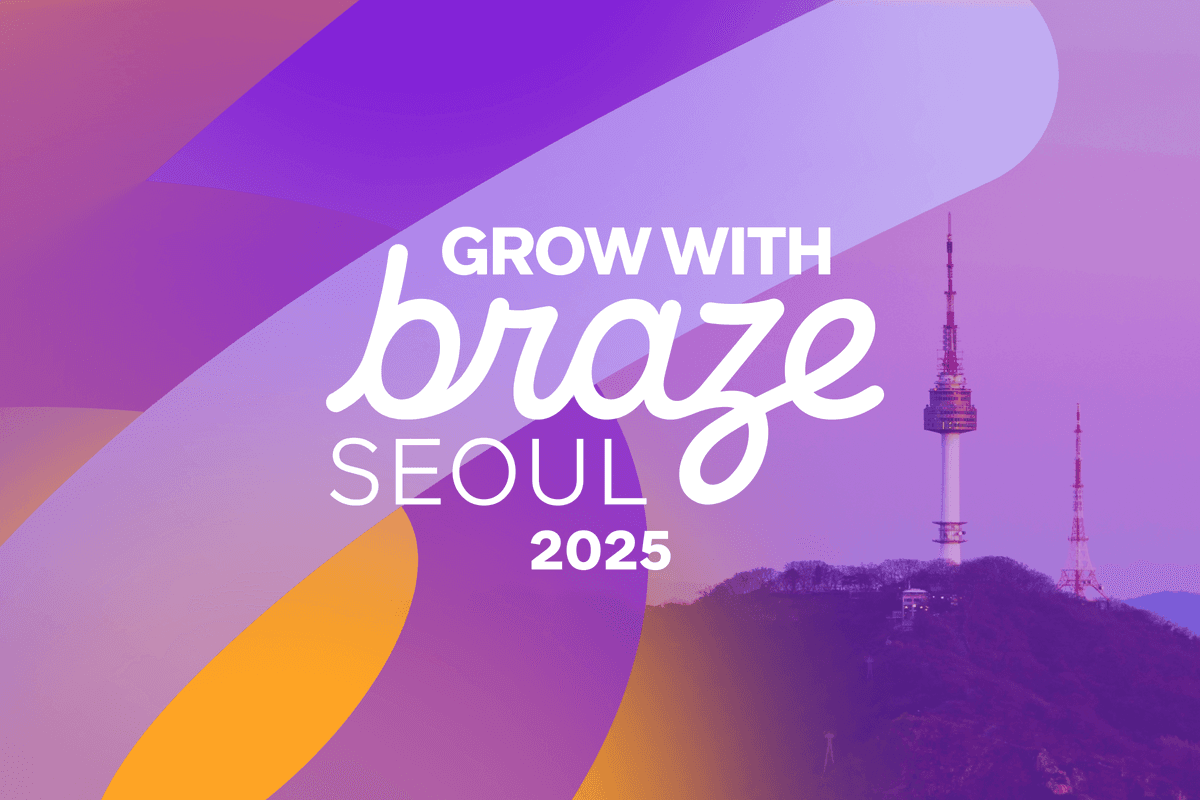3 Surefire Ways to Boost Mobile Bookings
Published on March 23, 2016/Last edited on March 23, 2016/4 min read


Team Braze
Think about the last time you traveled. How did mobile play a part in that experience? I would bet it played some part, if not an essential part. That’s because mobile and travel are a perfect match, and there’s data to support that claim.
51.8% of travelers who book trips via digital means will do so using a mobile device, according to eMarketer. Furthermore, this year, 62.6% of Americans who research their travel options digitally will use a mobile device to do so. But that’s only researching and booking. What about mobile use during the trip?
60% of travelers globally say they would be unwilling to go on vacation without a mobile device. You can only imagine how that figure would rise for business trips. Suffice it to say that the mobile engagement opportunity for travel and hospitality companies is huge—and you can take advantage of people’s everyday use of mobile with engagement campaigns at all points of their travel experience.
So how exactly do you do that? Here are three essential points that can help your travel app stand out.
3 Surefire Ways to Boost Mobile Bookings For #Travel Apps
1) Help them save
Let’s face it, traveling is relatively expensive. If it weren’t, more people would travel more often. Travelers want an app that helps them save money, in addition to helping them book trips and organize travel plans. Including deals in your mobile engagement campaigns will help your app appeal to a wider audience and stay competitive.
A good strategy is to provide deals and incentives at key moments in a customer’s journey within your brand. For example, when people create an account, send them an introductory offer that they can use for their first booking. You can also lure web users to your app with an offer. In the screenshot below, Expedia automatically offers users $25 off on their first hotel booking if users book through their app. This is a good way to turn predominantly web users into mobile users and get a full picture of user behavior on your most-visited properties.

2) Provide convenience
We’ve already seen some examples of how apps have made life easier while traveling.
Traveling used to (and still does sometimes) cause many headaches, including fumbling for crumpled paper tickets, itineraries, hotel registrations, and directions. Thankfully, the rise of mobile has alleviated that pain and made travel more enjoyable and convenient.
In order to keep users engaged and position your app as a go-to tool for travel, your app has to make traveling easier and more efficient. Most travel apps already do this with features such as e-boarding passes, booking capabilities, and alerts. However, to take it a step further, create an app experience that acts as a travel companion at every stage of the travel process, in the most unexpected ways.
For example, if you have a hotel app, you can allow guests to request amenities before they arrive and even chat with a real associate. You can also allow guests to unlock their rooms with their smartphones. Put simply, convenience makes traveling more enjoyable, so make sure convenience becomes your best friend.
3) Be their eyes and ears
For users, knowing when to book is tough. If you’ve ever tried booking a flight or hotel room, you know prices can fluctuate wildly. Most prices are seasonal, and there’s even advice out there on which days of the week to book for the lowest prices. Your app can provide helpful content or features to help users plan their trips and find the best deals. One way you can do this is by sending push notifications or emails highlighting the hottest deals and how much others have saved by booking certain accommodations.
Furthermore, you can build alerts into the core functionality of your app and do the heavy lifting for your users. Hopper, for example, tells you when to fly and buy to catch the lowest flight fares. They’ll send you push notifications to alert you when they think prices are at their lowest level. This type of functionality can make your app a necessary part of your user’s travel experience.
But wait, there’s more
If your app can execute on these three points, you’ll be well on your way to claiming the top travel app title. But it doesn’t stop there. There’s way more to learn about boosting engagement and mobile bookings. Download our mobile engagement guide for travel and hospitality apps to learn more.

Be Absolutely Engaging.™
Sign up for regular updates from Braze.
Related Content
View the Blog
Customer onboarding automation: Benefits, strategies, and best practices

Team Braze

Moving beyond demographics to true understanding: Key insights from Grow with Braze Seoul 2025

Team Braze

Key insights from Grow with Braze Auckland 2025
